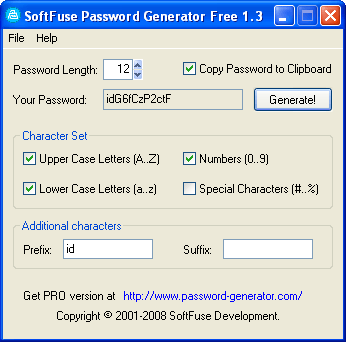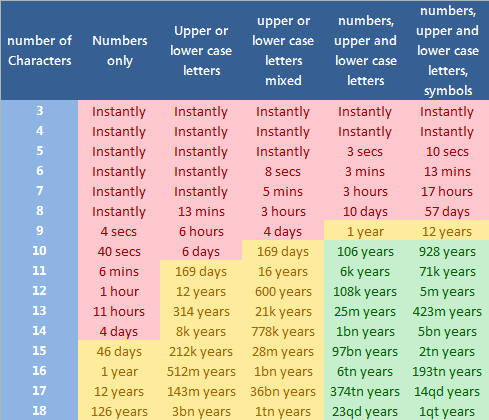

To make those hashes usable, the hackers have to “crack” them or try to guess what each hashed password is, then check if the guess was correct. If a hacker breaks into the service’s network and manages to steal the account data, they now have password hashes. A hash is a scrambled version of the password, which the service computes every time they need to check if the user is entering the correct password. Typically, a password “hash” is stored rather than a plaintext copy of the password itself. The service uses that data to verify that you are the account holder and are entering the correct password when logging in. What do we mean by “cracking” a password?īefore we look at what makes a password easier to crack, we should clarify what is meant by the phrase “cracking a password.” As explained in the Hive Systems study methodology, when you use a website or app that requires a password to log in, password data is stored on their servers. Password length, diversity of character types, and uniqueness all play a significant role in how long it takes to crack your password.

But do you know how to pick better passwords that keep hackers out? A new study published by cybersecurity company Hive Systems dives into the specific characteristics of strong passwords and what you can do to make yours uncrackable. Could a hacker crack your password in a few seconds? Or would it take lifetimes before a supercomputer could figure yours out? Making a few tweaks to your password strategy can take you from a hacker’s dream to an uncrackable account.


 0 kommentar(er)
0 kommentar(er)
